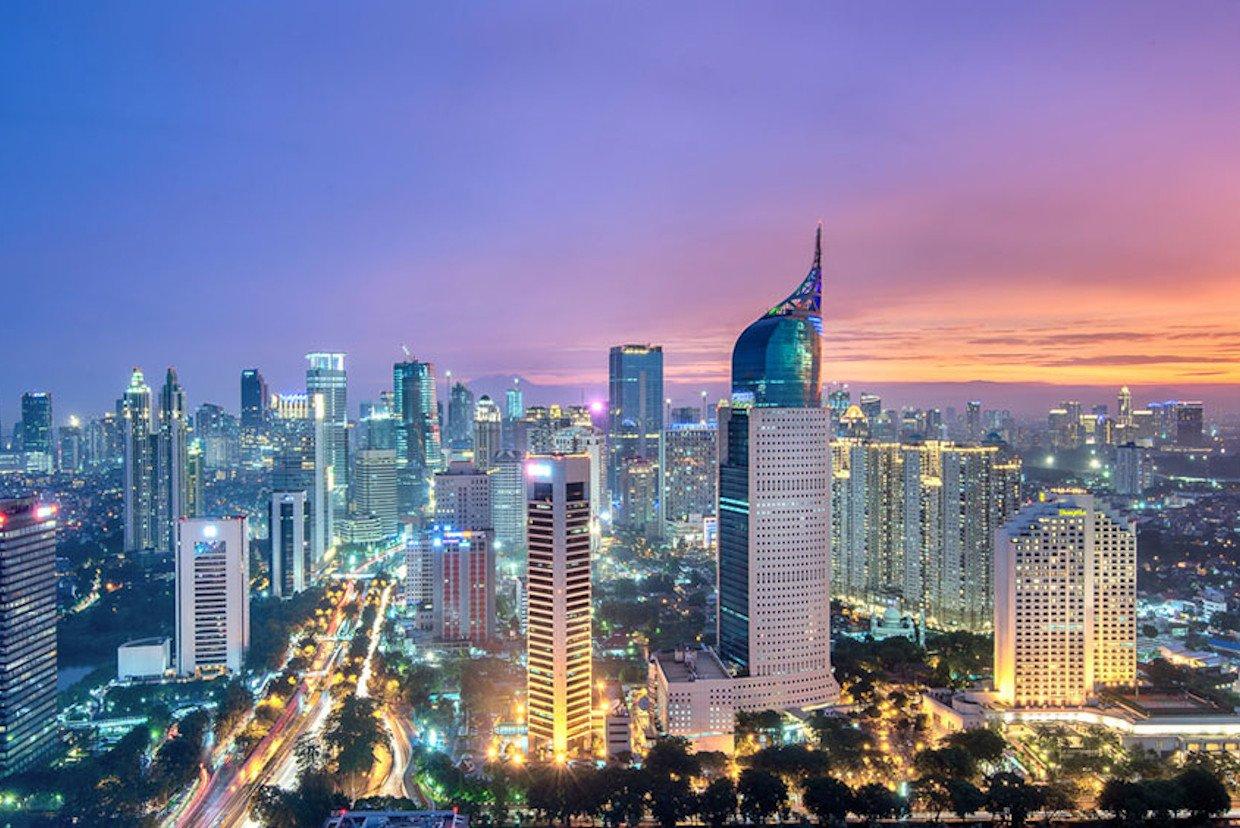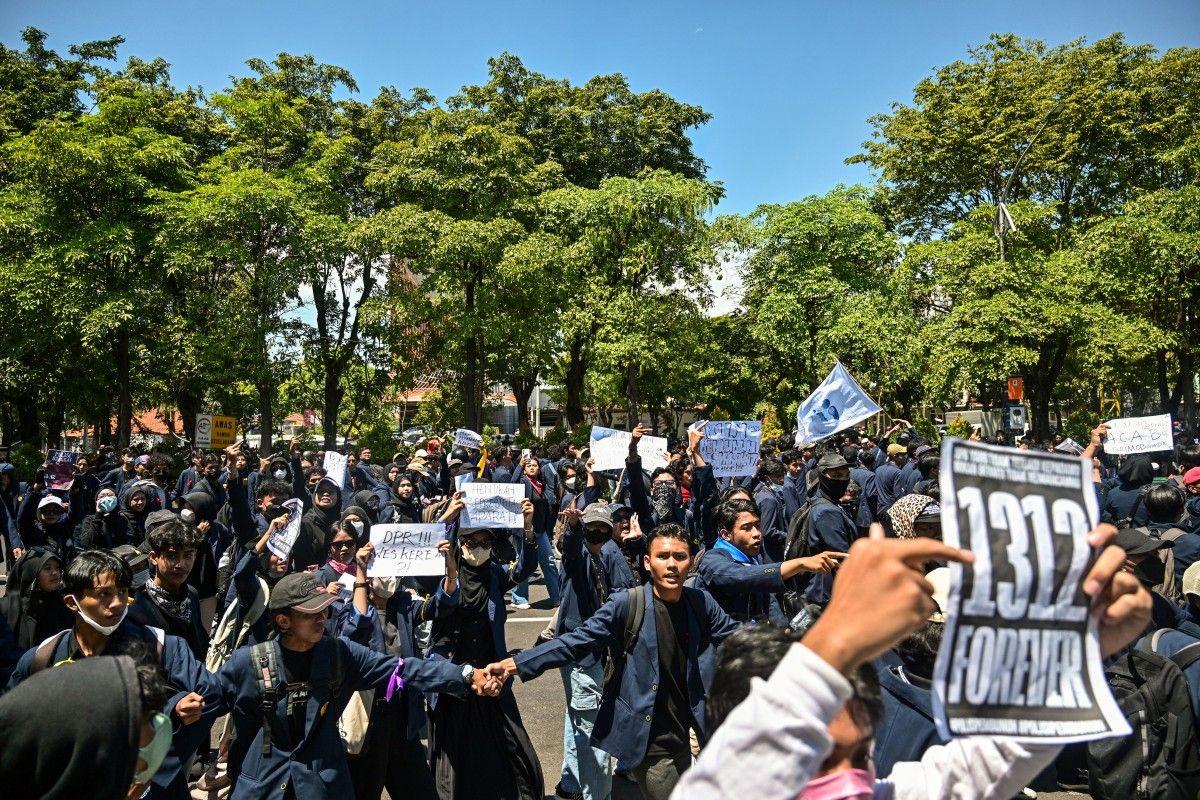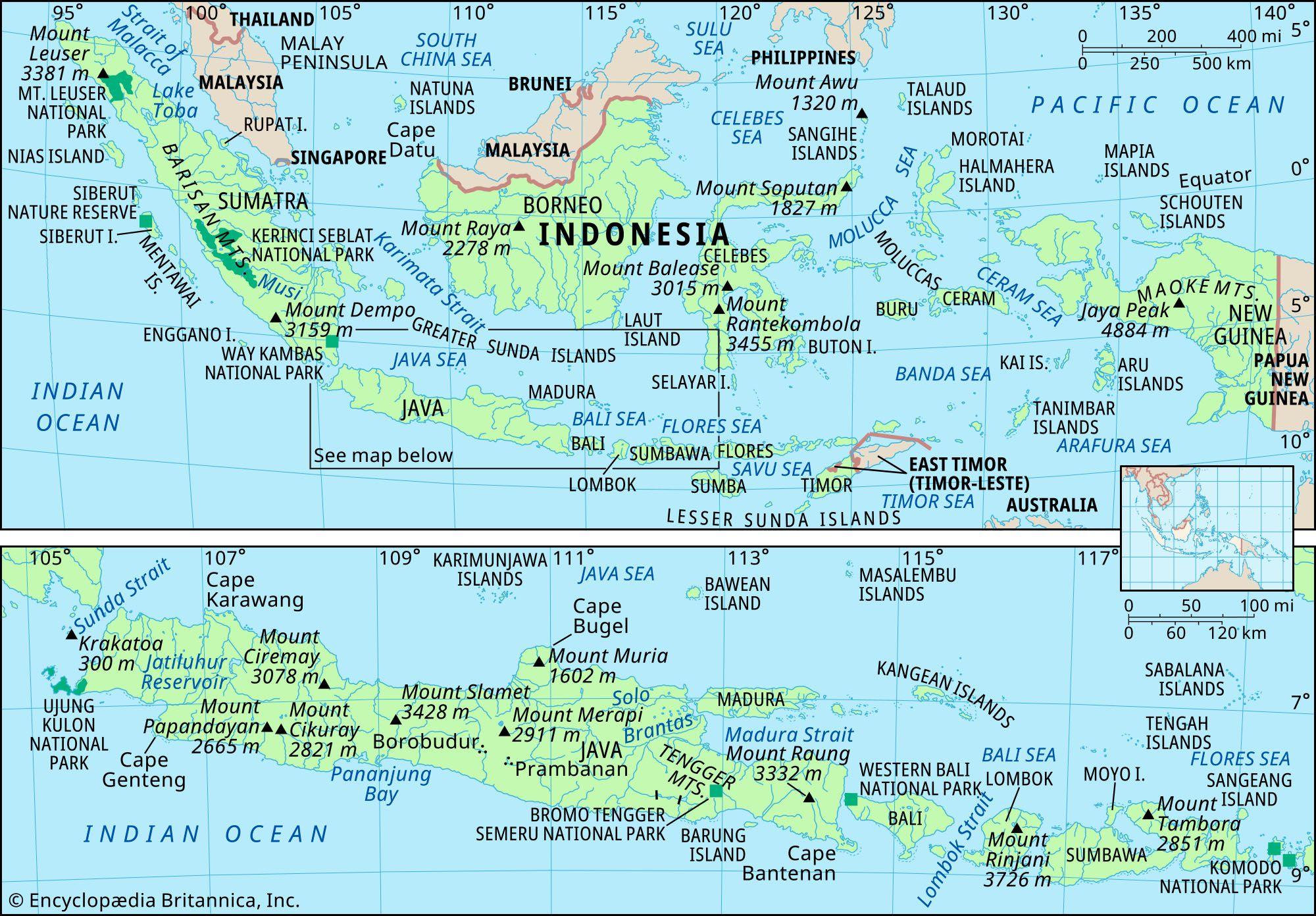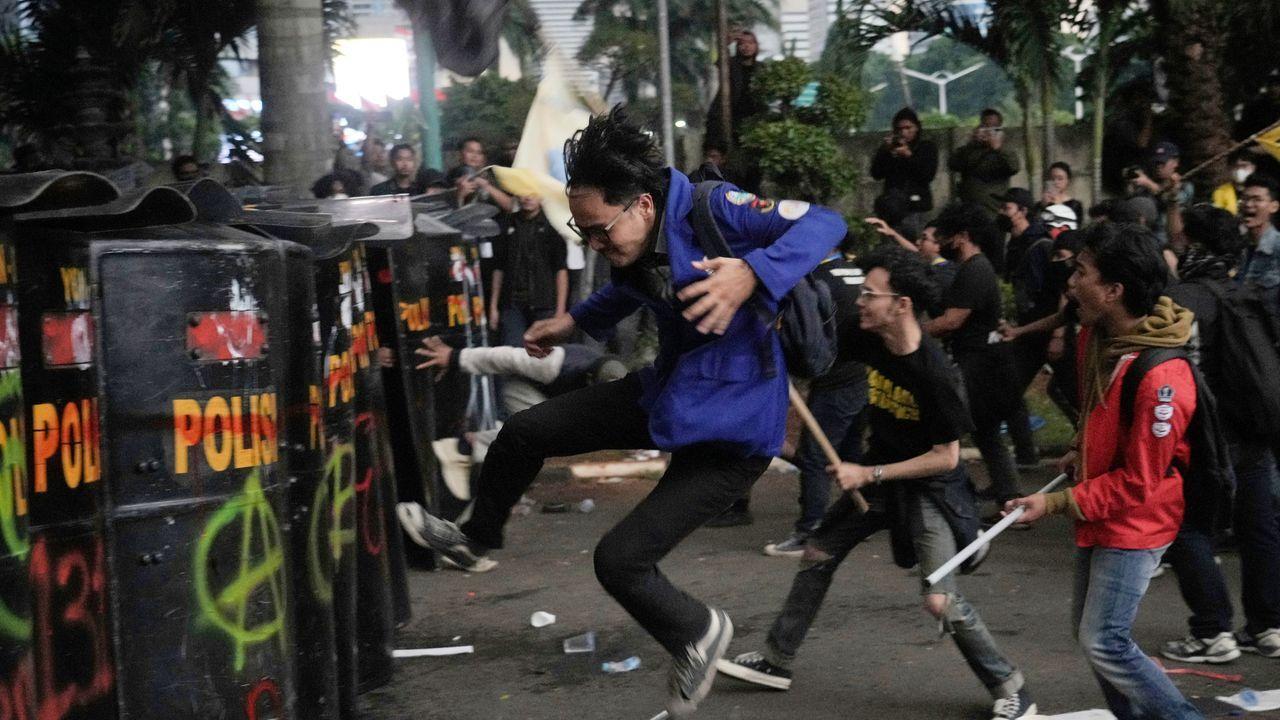Protest Dynamics: Unpacking the Public Outcry Against Police Action in Indonesia
The recent surge in protests across Indonesian cities has illuminated the underlying tensions between the public and law enforcement. This wave of unrest was sparked by a series of high-profile incidents that many citizens perceive as egregious abuses of power by the police. Demonstrators have gathered in major urban centers, voicing their frustrations thru various means, including marches, sit-ins, and online campaigns. With banners demanding justice and accountability, the protests have drawn in a diverse coalition of participants, spanning different age groups and social backgrounds.
Beyond the immediate catalyst of these demonstrations, the public outcry reflects deeper societal grievances. Many protestors express concerns about systemic issues within the police force, such as corruption, lack of oversight, and excessive use of force. The demonstrations have not only amplified calls for reform but have also reignited discussions on the broader implications of law enforcement practices in a democratic society. As the protests continue to evolve, it is evident that the dynamics at play are not merely a reaction to specific events but are indicative of a population increasingly unwilling to tolerate perceived injustices in their governance.

Local Responses: How Cities are Reacting to widespread Demonstrations
In the wake of widespread protests against police actions, cities across Indonesia are taking a variety of measures to manage the demonstrations while attempting to ensure public safety. Local governments are stepping up to address the grievances of demonstrators, holding emergency meetings to assess the situation and communicate their plans. Authorities in cities like Jakarta and Surabaya have engaged with community leaders to better understand the roots of unrest and address the underlying social issues at play. Some key responses include:
- Increased dialogue: Officials are organizing town hall meetings to foster conversation between citizens and law enforcement.
- Community Engagement: Initiatives aimed at improving police-community relations are being prioritized, with workshops intended to educate officers on local concerns.
- Policy Revisions: City leaders are reviewing police protocols in light of the protests to ensure accountability and transparency.
Along with these initiatives, local law enforcement agencies are adopting a more restrained approach to crowd control, emphasizing de-escalation tactics rather than show of force. In Medan,for instance,police have been instructed to avoid confrontations with peaceful protesters,focusing instead on facilitating their rights to assemble and express dissent. Some cities are also deploying officers trained in community policing methods to ensure that interactions remain respectful.Meanwhile, regional leaders are acknowledging the need for systemic reforms and are beginning to draft proposals that could lead to revised laws governing police conduct and community protection. Actions being considered include:
- Legislative Changes: Proposals for new legislation aimed at regulating police powers are being discussed.
- Training Programs: Enhancements to training programs for officers to promote cultural sensitivity and conflict resolution skills.
- Transparency Initiatives: Commitments to publish incident reports and data on police encounters to build public trust.

Government’s Role: Evaluating Efforts to address Grievances and Restore Order
The recent wave of protests across Indonesia has placed immense pressure on the government to respond effectively to public discontent stemming from allegations of police misconduct. citizens have taken to the streets in various cities, demanding accountability and reform within law enforcement.The government’s initial reaction has been to deploy additional police forces to quell unrest, which has, paradoxically, led to further agitation among demonstrators. Critics argue that without addressing the root causes of these grievances,such as systemic abuse and lack of transparency,any efforts to restore order are likely to be met with cynicism and resistance.
In the face of escalating tensions, the government is now tasked with demonstrating its commitment to meaningful changes. Key steps that need to be considered include:
- Establishing independent oversight mechanisms to monitor police actions and address misconduct.
- Engaging with community leaders to understand the specific needs and frustrations of the populace.
- Implementing training programs focused on de-escalation techniques for law enforcement personnel.
- Facilitating open dialogues between the government and citizens to rebuild trust.
By taking these proactive measures, the government can not only respond to the immediate unrest but also pave the way for long-term stability and constructive engagement with its citizens, ultimately reducing the likelihood of future protests.

Path forward: Recommendations for Building Trust Between Police and Communities
To address the escalating tensions between police forces and communities across Indonesia, several initiatives should be undertaken to foster an environment of trust and cooperation. First and foremost, engaging in open dialogues between law enforcement and community members is crucial. These forums should not only focus on grievances but also celebrate successes, creating a platform for shared stories and mutual understanding. furthermore, implementing community policing strategies can bridge the gap, allowing officers to work closely with residents to identify and address local concerns collaboratively.
Additionally, training programs emphasizing cultural competency and de-escalation techniques for police personnel must be prioritized. Officers should better understand the diverse communities they serve, tailoring their approach to reflect the unique socio-cultural dynamics at play. To ensure accountability and transparency, establishing independent oversight bodies can definitely help rebuild trust, allowing for community involvement in police practices and procedures. Lastly, investing in youth outreach initiatives can cultivate positive relationships from an early age, reducing the likelihood of conflict in the future and promoting a sense of security and respect between generations and law enforcement.
